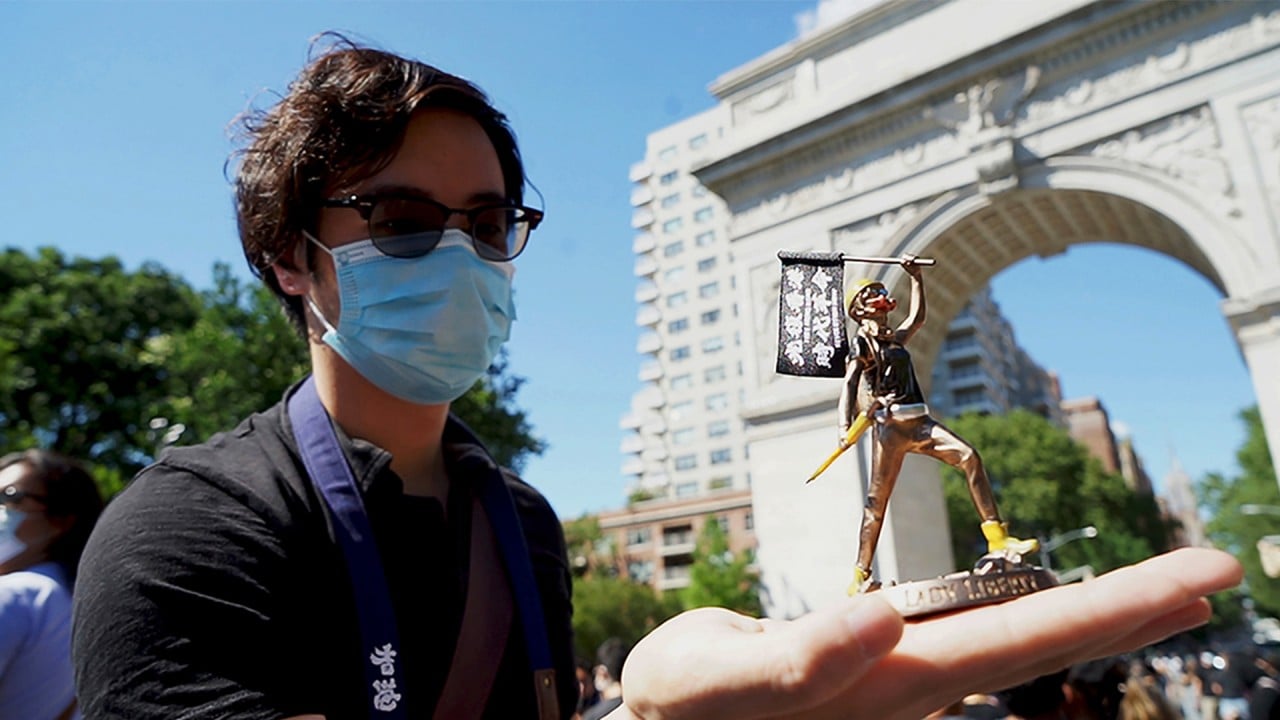Opinion | If the US wants to be a human rights beacon, it has to hold itself to a higher standard
- Criticism of the US human rights record has grown and, while it is nowhere as dismal as in countries like China or North Korea, if America is to represent a higher standard, it should behave as though it does and reform where it does not

Still, during the question and answer session, someone asked: “Do the critics of the US human rights record have a point?”
For many of us who walk a foreign-policy-centric beat, it is easy to become fixated on other countries’ misdeeds at the expense of our own. We make our living reading reports from Human Rights Watch and Reporters Without Borders (RSF) on the shortcomings of North Korea, Iran, Myanmar, etc. That Human Rights Watch has much to say about the US treatment of migrants and prisoners, and that our RSF rankings have slid substantially after 2013 may escape our notice.
Even those aware may have little quality analysis to share of those trends – we simply do not have the professional incentives to comment.

04:34
He protested in Hong Kong. Now he is rallying for Black Lives Matter in New York
